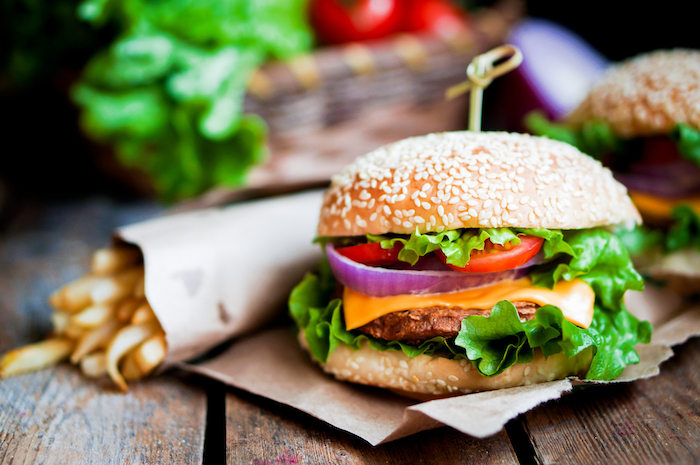Call for taxes on ‘unhealthy food’
Professor Dame Sally Davies, the Chief Medical Officer, has called for taxes to be applied to so called unhealthy ‘junk food’ in her annual report.
The new report outlines plans to create a more healthy nation by 2040, with an emphasis on improving the environment and making it easier for people to be healthier. In addition, the report calls for the means of tackling the preventable causes of chronic diseases and cancers – highlighting the areas of unhealthy diet, smoking, excessive alcohol consumption, air pollution and physical inactivity.

The alleged success of the tax on sugary drinks, which was introduced in April this year, is one basis for Dame Sally suggesting the government can do more to force the food industry to cut sugar and salt in everyday foods, adding that in her view “industry had not delivered” on voluntary targets set by Public Health England to make their products healthier. She wants the food industry to do more, commenting: “Those sectors that damage health must pay for their harm or subsidise healthier choices.”
She has hinted that she would like to see a tax on so called ‘junk food’.
The report also urges the government and NHS England to set targets to reduce inequalities in childhood obesity. Dame Sally said obesity was an issue of inequality, with children and adults in the poorest communities more likely to have diseases related to their weight at an earlier age, and lasting for longer. She said it was her job to shape the environment for children who could not make their own choices, adding: “We should not be adding empty calories to baby food.”
Various food industry trade bodies have stated that taxes would not change basic consumer behaviour. However, a spokesperson from the Treasury office said it would not shy away from tax changes, if the food industry fails to face up to the scale of the problem through voluntary programmes.
The report recommends:
- more ambitious targets for salt reduction in food (to 7g a day)
- a ban on added sugar and salt in jars of baby and infant food
- incentives to get people eating more fruit and vegetables
- extending the tax on sugary drinks to sweetened milk-based drinks
- taxing foods high in sugar and salt
One industry observer told Meat Management: “These comments are predictable, but in reality there is little compelling evidence that taxing certain foodstuffs will result in consumers changing behaviour. Education should be at the centre of policy, including fundamentals on lifestyle and balance. Another stealth tax added to food might swell government coffers, so it will be attractive to ministers, but, in reality it will do little to change consumer habits and the desire for convenience to suit todays modern lifestyle.”

 Food Waste Champion appointed by Defra
Food Waste Champion appointed by Defra Dominic Blakemore to speak at City Food Lecture
Dominic Blakemore to speak at City Food Lecture
